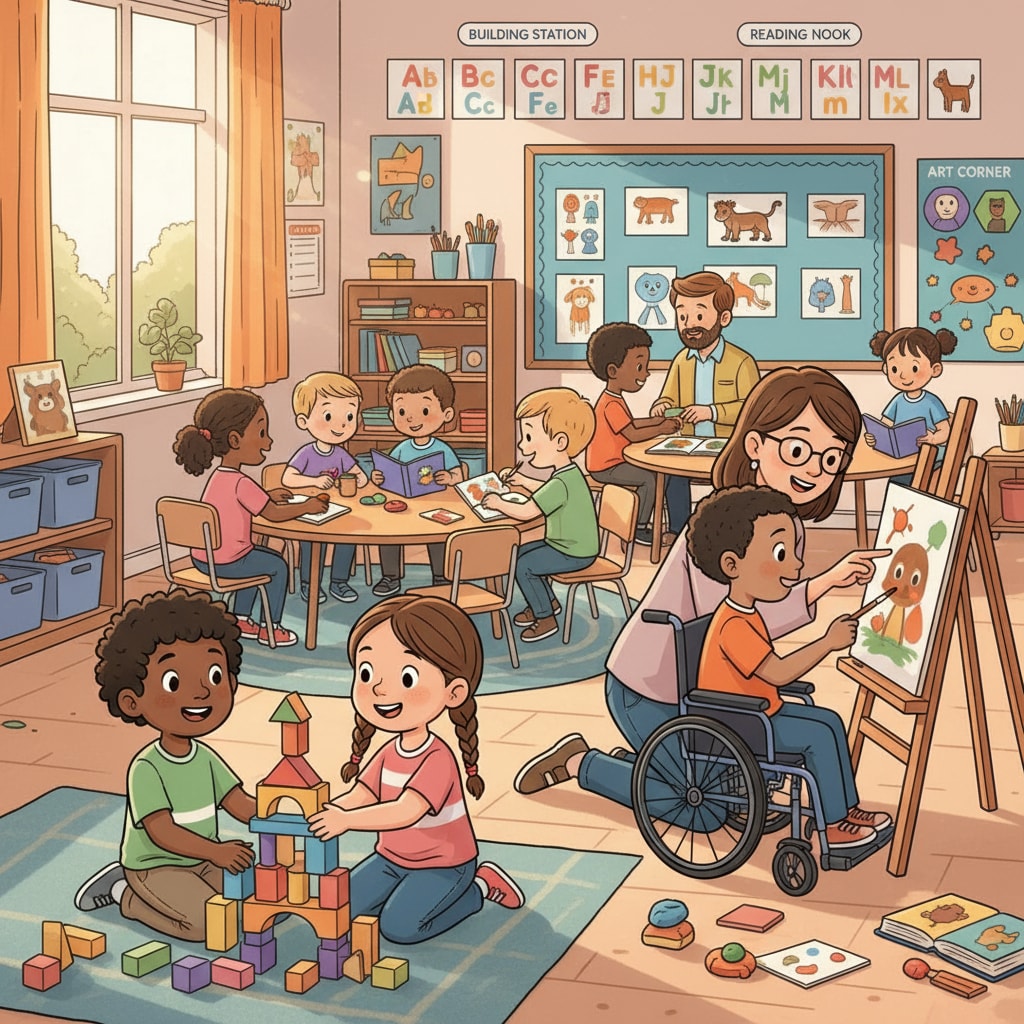The debate surrounding the proposal to cancel kindergarten gifted programs in New York City has brought to the forefront the intricate relationship between gifted programs, early childhood education, and educational equity. This issue has ignited a passionate discussion among educators, parents, and policymakers alike.

The Origins of Gifted Programs in New York Kindergartens
New York’s kindergarten gifted programs were initially established with the intention of nurturing children with exceptional abilities. These programs aimed to provide a more challenging and stimulating learning environment for kids who showed early signs of high intelligence. For example, they offered advanced curriculum in areas like language arts and mathematics. According to Gifted education in the United States on Wikipedia, gifted education has a long history in the country, and New York’s programs were part of this larger trend. However, over time, concerns about their impact on educational equity began to surface.

The Case for Canceling Gifted Programs: A Push for Equity
Advocates for canceling the kindergarten gifted programs argue that they contribute to educational inequality. These programs often select students based on standardized tests, which critics claim can be biased against certain groups, such as low-income and minority children. As a result, these children may be unfairly excluded from the opportunity to receive an advanced education. Moreover, the resources allocated to gifted programs could be better used to improve the overall quality of early childhood education for all students, as emphasized by Education on Britannica. By eliminating these programs, the hope is to create a more level playing field for every child.
The Defense of Gifted Programs: Nurturing Exceptional Talent
On the other hand, proponents of maintaining gifted programs believe that they play a crucial role in identifying and fostering the potential of highly talented children. These programs can provide specialized instruction that meets the unique needs of gifted kids, allowing them to reach their full potential. Without such programs, these children may become bored or underchallenged in regular classrooms. Parents of gifted children often express concerns that their kids will not receive the appropriate education if the programs are canceled. They argue that a one-size-fits-all approach to early childhood education is not suitable for every child.
In conclusion, the debate over New York City’s kindergarten gifted programs reflects the broader challenge of achieving educational equity in early childhood education. While the push to cancel these programs aims to create a more inclusive and fair educational system, the defenders’ concerns about nurturing exceptional talent cannot be ignored. Finding a balance between these two perspectives will be essential in shaping the future of early education in New York and beyond.
Readability guidance: This article uses short paragraphs and lists to summarize key points. Each H2 section provides a clear perspective on the issue. The proportion of passive voice and long sentences is controlled, and transition words are used throughout to enhance the flow of the article.


